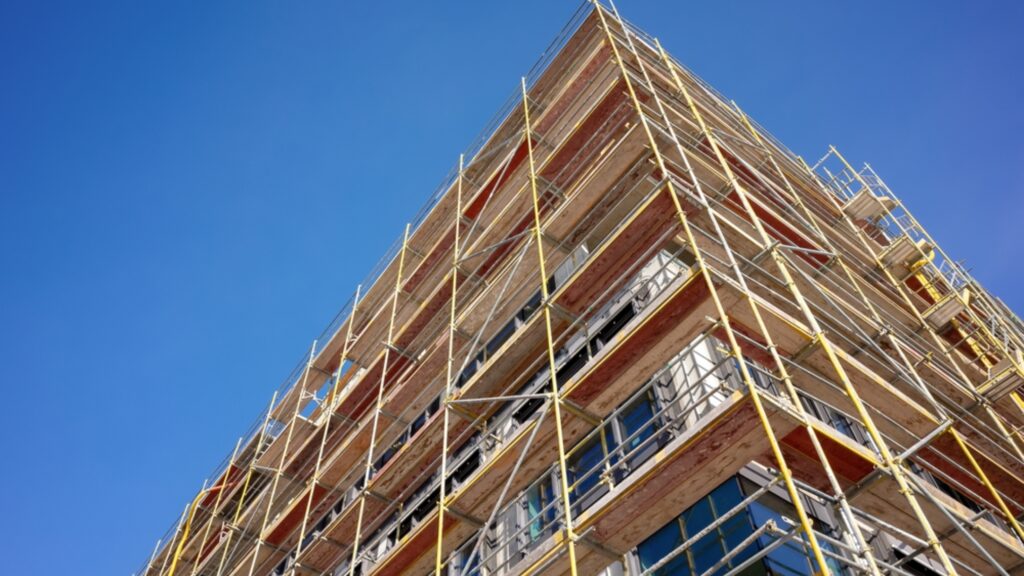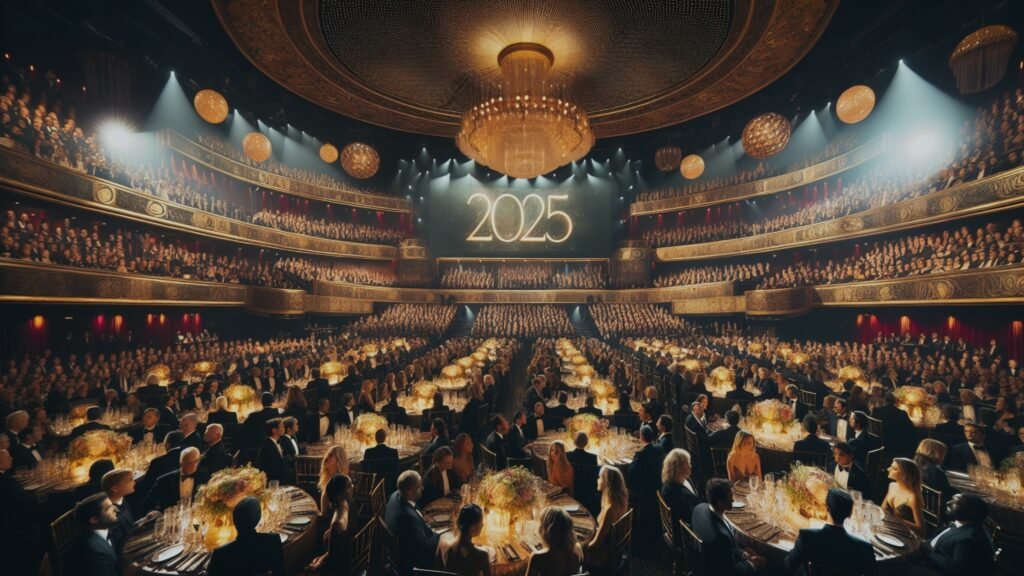The UAE, a global symbol of architectural ambition and urban innovation, is no stranger to pushing boundaries in construction. From the iconic Burj Khalifa to the smart urban grids of Masdar City, the country constantly reinvents its skyline. Today, one of the most exciting trends transforming the UAE’s commercial development sector is modular construction—a method that promises speed, sustainability, scalability, and smart design.
As the country intensifies its commitment to Vision 2031 and Net Zero 2050, developers are under increasing pressure to deliver efficient, eco-friendly projects without compromising quality. Modular construction offers a compelling answer.
What is Modular Construction?
At its core, modular construction involves fabricating individual building components—known as modules—in controlled, off-site factory environments. These modules are then transported to the construction site and assembled into a complete structure, much like fitting together large-scale building blocks.
Unlike traditional methods where construction is sequential, modular construction allows simultaneous processes: site work and module fabrication can occur in parallel. This integrated approach dramatically shortens build times while enhancing quality and minimizing disruptions.
Why Modular Construction is Gaining Momentum in the UAE
The UAE presents the perfect conditions for modular construction to thrive. Factors such as:
- Rapid urban expansion across cities like Dubai, Abu Dhabi, and Sharjah
- The rise of mega infrastructure projects including Expo City, Aljada, and Dubai South
- A growing push for smart, green, and energy-efficient buildings
- Shortages in skilled labor and the need for safer work environments
…have made modular construction an ideal solution to meet the evolving demands of the commercial sector.
Government initiatives and policy frameworks now actively encourage the use of Modern Methods of Construction (MMC), including modular systems, to drive innovation, enhance productivity, and reduce the carbon footprint of the built environment.
Key Advantages of Modular Construction in Commercial Projects
1. Accelerated Timelines and Faster Project Delivery
Time is a critical factor in commercial real estate. With modular construction, developers can reduce project timelines by 30% to 50% compared to traditional methods.
This speed is achieved by:
- Simultaneously preparing the foundation on-site while modules are built off-site
- Eliminating weather-related delays
- Streamlining installation and finishing processes
📌 Real-World Example:
In Abu Dhabi and Dubai, modular construction was used to build temporary healthcare clinics, COVID-19 testing centers, and mobile retail spaces—all in a matter of weeks.
2. Cost Control and Budget Predictability
While initial investments in modular construction (e.g., factory setup, training) can be higher, the overall costs are often lower due to:
- Reduced on-site labor expenses
- Minimal material waste
- Faster occupancy and return on investment (ROI)
- Fewer delays and unexpected expenses
For developers navigating competitive commercial markets—especially in retail, hospitality, and office spaces—these savings make modular solutions highly attractive.
3. Improved Sustainability and Environmental Compliance
Modular construction significantly advances the UAE’s sustainability objectives. Factory-controlled settings ensure precise material usage, reducing waste by up to 90%.
Modular buildings are also more likely to:
- Integrate energy-efficient technologies
- Use recycled or locally sourced materials
- Align with green building certifications like LEED or Estidama Pearl Rating
This not only supports the UAE’s climate goals but also meets increasing market demand for eco-conscious commercial properties.
4. Flexibility, Customization, and Scalable Growth
Modular buildings can be easily expanded, relocated, or reconfigured, offering unmatched versatility.
For instance:
- A boutique hotel can start with 20 rooms and later scale to 100 without structural overhauls
- Retail pavilions at expos or festivals can be disassembled and reused at different venues
- Commercial developments can adopt phased rollouts to test market demand
This adaptability is invaluable in markets where business needs shift rapidly.
5. Superior Quality and Enhanced Worker Safety
Modules are built under stringent quality control protocols, ensuring higher consistency and fewer defects. Since much of the work happens indoors, the process is also:
- Safer for laborers, who are protected from extreme heat, dust, and hazardous site conditions
- Less disruptive to local communities, thanks to reduced noise and traffic at the site
Over time, this leads to better-built environments that perform longer and require less maintenance.
Modular Construction in Action: UAE Success Stories
Expo 2020 Dubai
Many of the temporary pavilions, information booths, and service facilities were constructed using modular techniques to meet tight deadlines without sacrificing design integrity.
Healthcare Infrastructure
During the pandemic, modular construction enabled the rapid deployment of hospitals, testing labs, and vaccination centers across the Emirates.
Luxury Villas in Ras Al Khaimah
High-end resort villas were developed using premium modular units, showcasing that modular does not mean minimal—it can mean luxury, innovation, and architectural beauty.
Challenges to Address
Despite its advantages, modular construction in the UAE still faces hurdles such as:
- Logistics and transportation issues, especially for large or remote sites
- Initial investment requirements for factories and skilled workforce training
- Market perception that modular buildings lack design sophistication or long-term durability
However, as local manufacturers increase capacity and digital construction tools like BIM and AI improve precision, these challenges are rapidly diminishing.
What the Future Holds: A Modular Mindset
The UAE’s commercial real estate market is poised for a paradigm shift. As urban density grows and smart cities evolve, modular construction will play a pivotal role in shaping:
- Flexible office spaces and innovation hubs
- Sustainable hotels and co-living buildings
- Medical campuses and educational institutions
- Pop-up stores and adaptive retail formats
With government backing and rising industry adoption, modular construction is not a passing trend—it’s a long-term strategy for resilient, efficient, and scalable urban growth.
Conclusion: Building Smarter, Faster, and Greener
Modular construction offers a trifecta of benefits: speed, sustainability, and cost-efficiency. It aligns seamlessly with the UAE’s ambitions to lead the Middle East in sustainable urban development and smart infrastructure.
For developers, architects, and real estate investors, embracing modular isn’t just about reducing build time—it’s about staying ahead of the curve in an evolving market.
The future of UAE commercial construction is modular—and it’s already being built, one module at a time.



